Representative Robert Clark
Robert G. Clark Jr. was the first African American elected to the Mississippi state legislature in the 20th century. A public high school teacher and coach, he had served on the Holmes County Community Action Program board and as project director of the Migrant Farmer’s Education Program. In the 1967 election, Clark benefited from an alliance of the NAACP, the MFDP, and local people when he defeated 12-year House veteran J.P. Love by just 116 votes. Clark would serve for 36 years, eventually chairing the House Education Committee, where he played a key role in the passage of the Education Reform Act of 1982. For 12 years, Clark served as Speaker Pro Tempore.

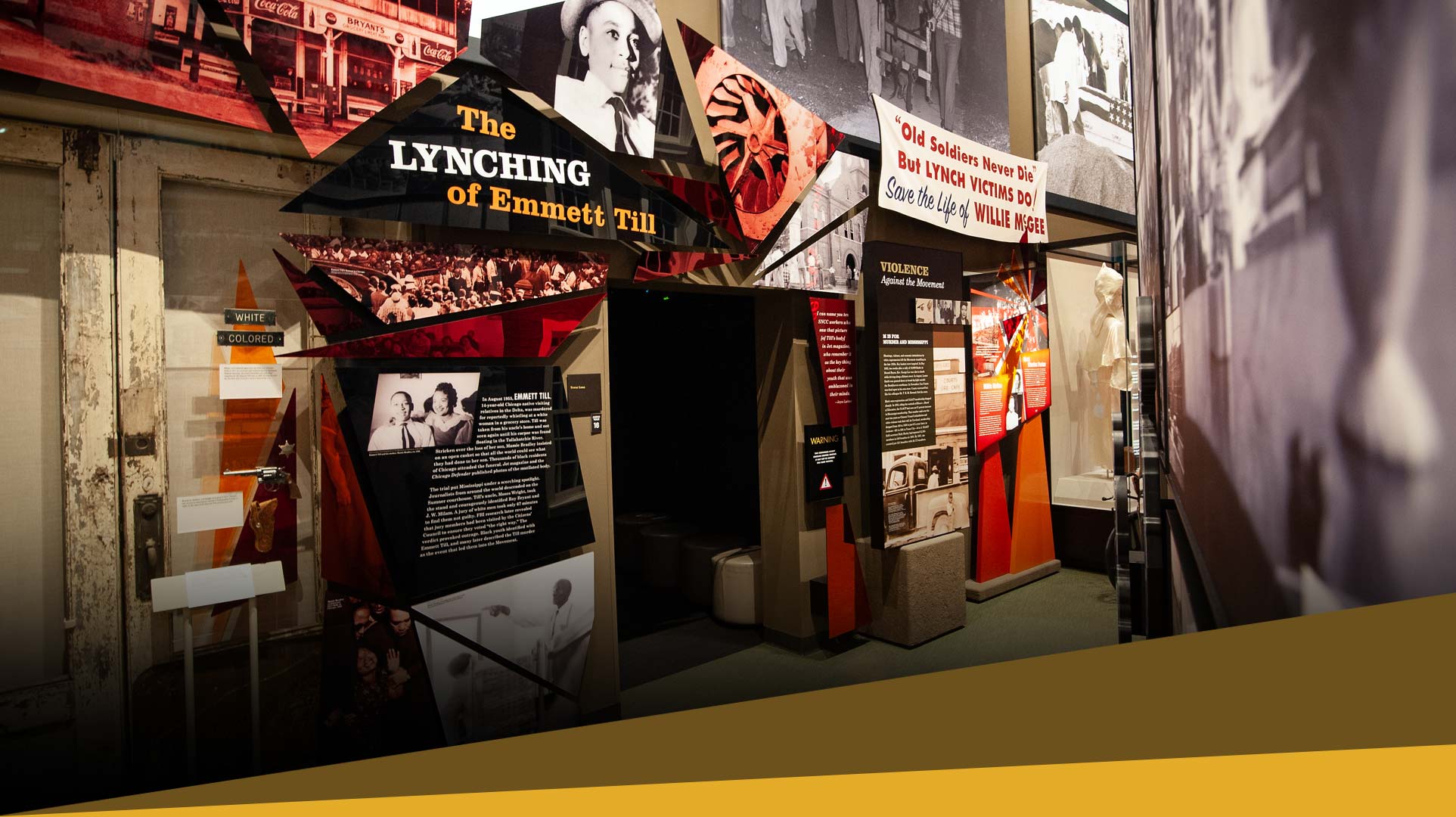
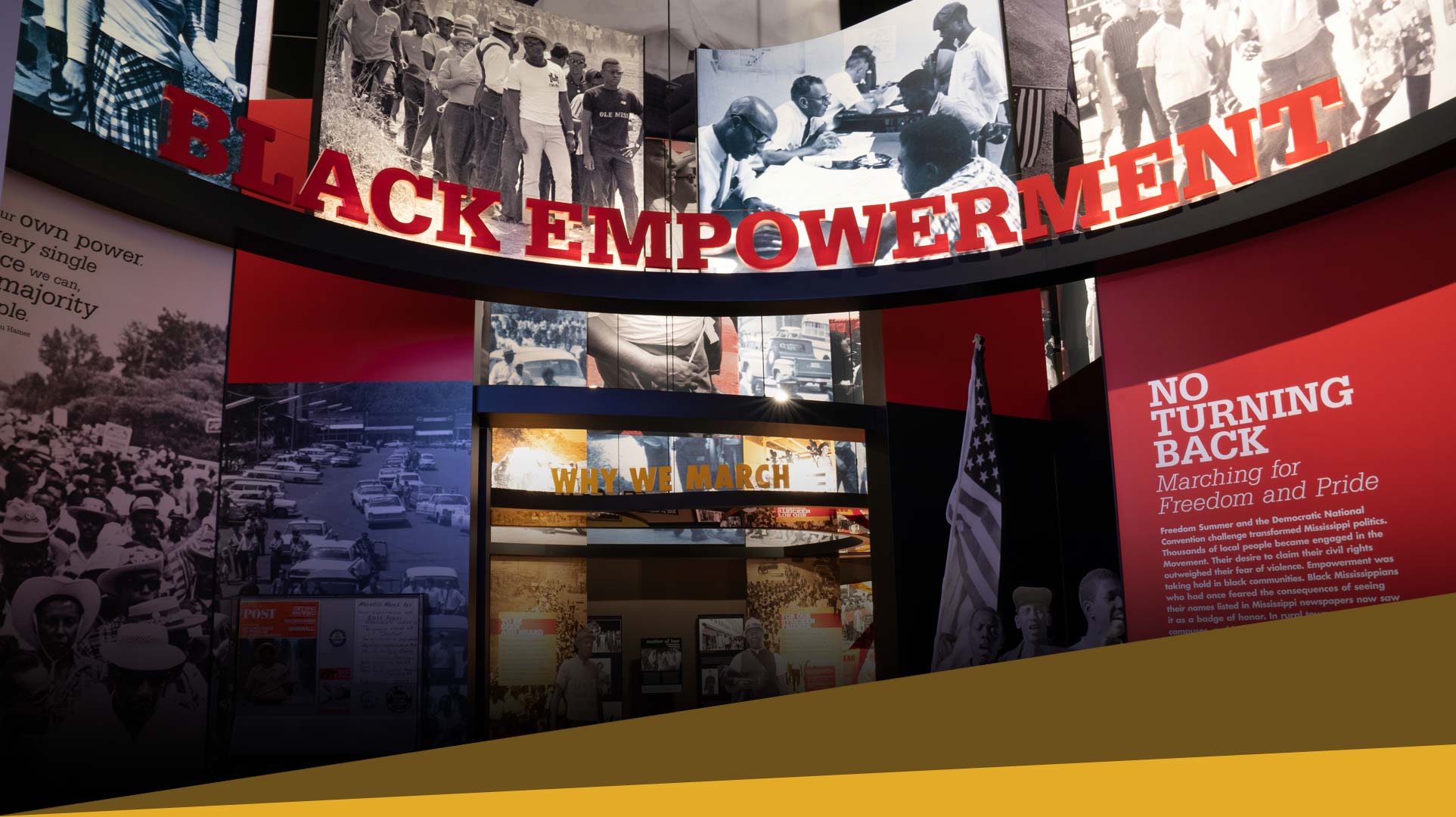
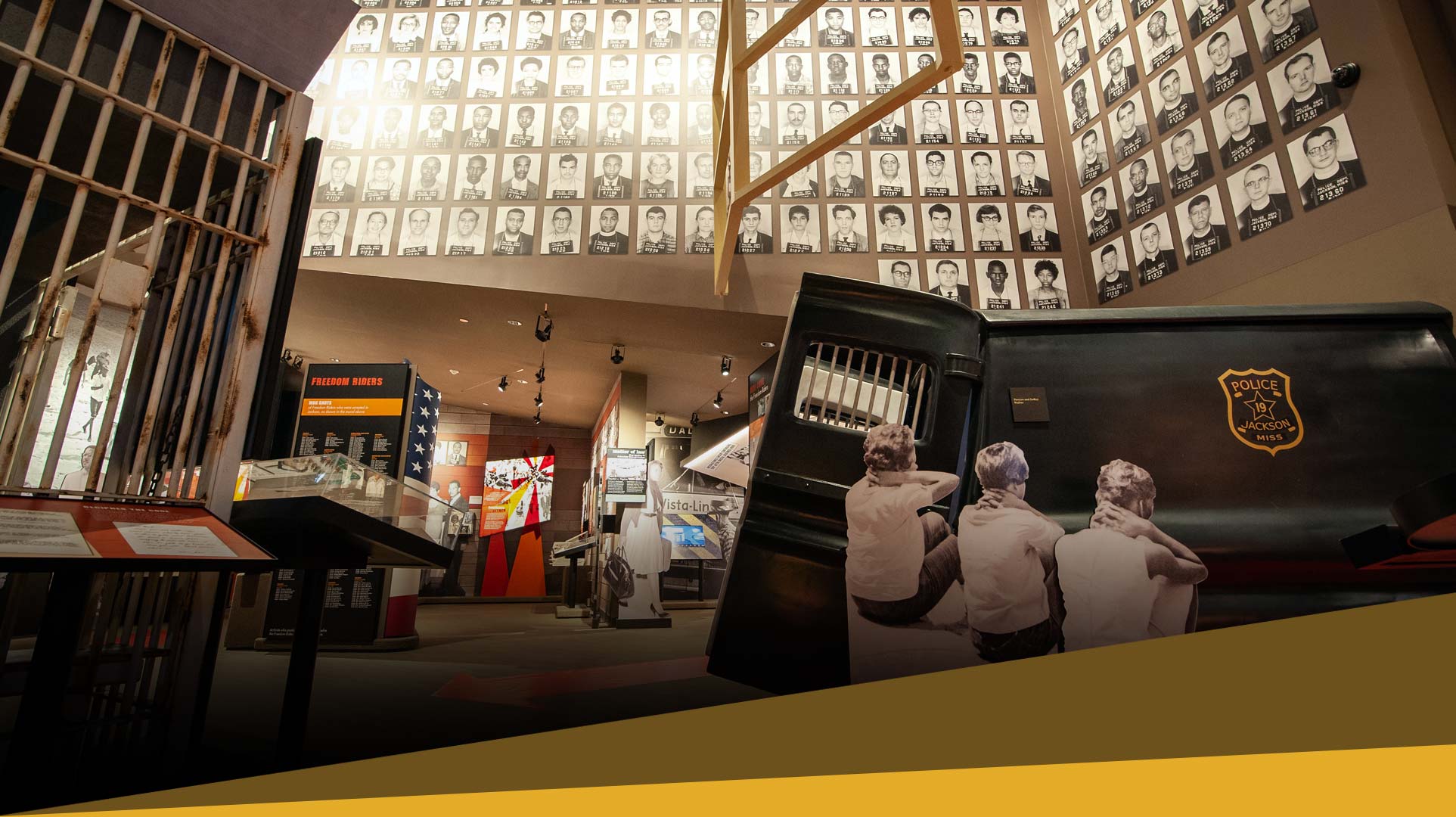
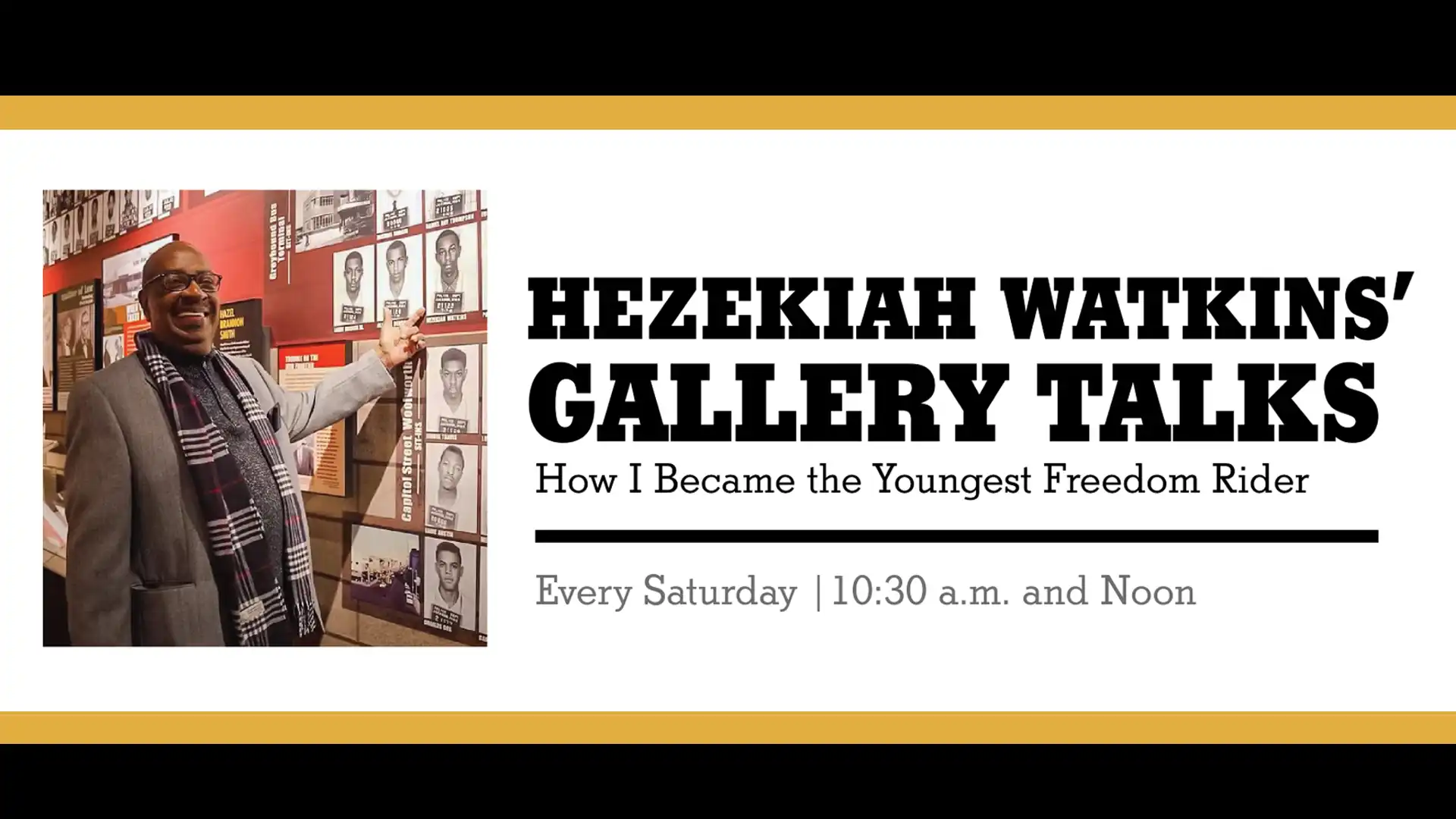

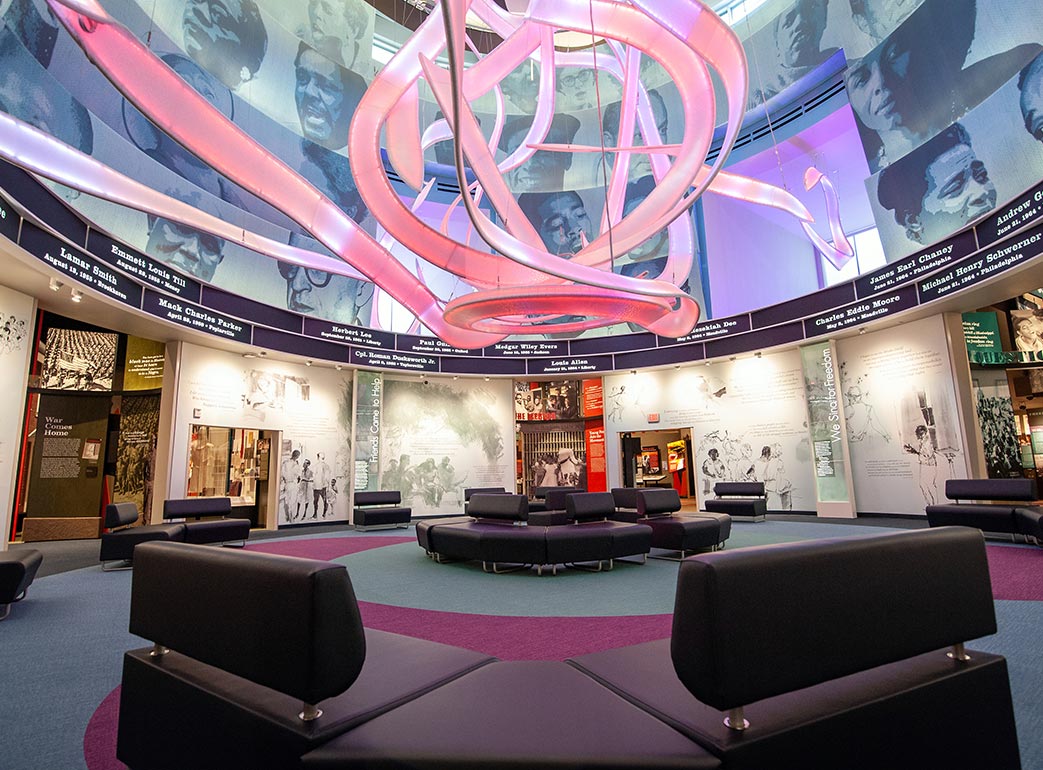
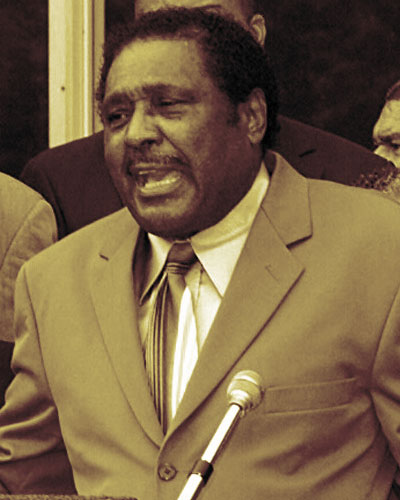

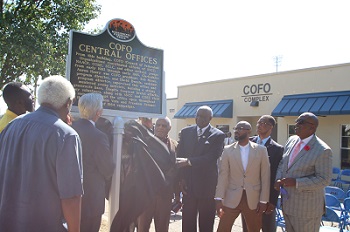 A human and civil rights interdisciplinary education center at Jackson State University
A human and civil rights interdisciplinary education center at Jackson State University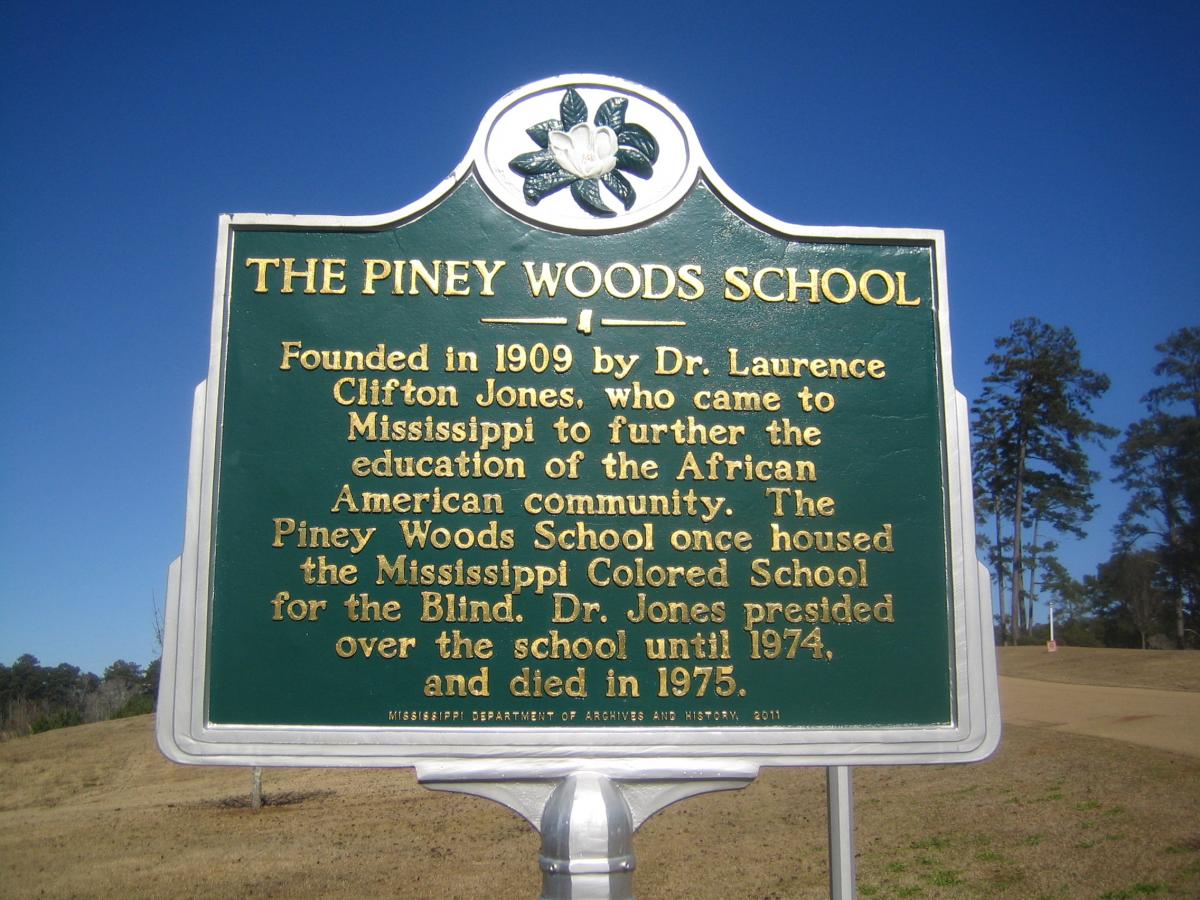 Founded by Laurence C. Jones in 1909, it is the largest, independent African American boarding school in the United States.
Founded by Laurence C. Jones in 1909, it is the largest, independent African American boarding school in the United States.












